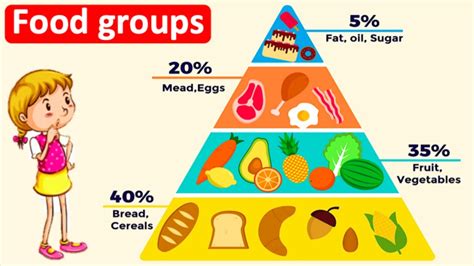What macro ratio best fuels all-day energy & peak cognitive performance?

Fueling Your Brain and Body: The Macro Ratio Equation
In the quest for sustained vitality and sharp mental focus, the composition of our diet—specifically the ratio of macronutrients—plays a pivotal role. Carbohydrates, proteins, and fats are not just sources of calories; they are the building blocks and fuel for every cell, influencing everything from our mood and concentration to our physical stamina.

Understanding the Role of Each Macronutrient
Carbohydrates: The Brain’s Primary Fuel
Often demonized, carbohydrates are the body’s preferred and most efficient source of energy, breaking down into glucose. For the brain, glucose is almost exclusive fuel. Complex carbohydrates (whole grains, vegetables, legumes) provide a steady release of glucose, preventing energy crashes and supporting consistent cognitive function. Simple carbohydrates (sugars, refined grains) can lead to rapid spikes and subsequent dips in blood sugar, impairing focus and energy.
Proteins: Building Blocks and Neurotransmitter Precursors
Proteins are essential for repairing tissues, building enzymes, and creating hormones. Crucially for cognitive performance, proteins supply amino acids that are precursors to neurotransmitters like dopamine, serotonin, and norepinephrine, which regulate mood, attention, and memory. Adequate protein intake also contributes to satiety, helping to stabilize blood sugar and prevent distracting hunger pangs.
Fats: Brain Structure and Sustained Energy
Healthy fats are critical for brain health, as the brain itself is nearly 60% fat. Omega-3 fatty acids, found in fatty fish, flaxseeds, and walnuts, are particularly vital for cognitive function, memory, and mood regulation. Fats also provide a more prolonged, stable source of energy compared to carbohydrates, helping to maintain stamina and focus throughout the day without the peaks and valleys.

Is There an “Ideal” Macro Ratio?
The short answer is: it depends. There isn’t a single, universally optimal macronutrient ratio that suits everyone for all-day energy and peak cognitive performance. Individual needs vary significantly based on:
- Activity Level: Highly active individuals typically require more carbohydrates for energy.
- Metabolism and Genetics: Some people thrive on higher fat diets, while others do better with more carbohydrates.
- Health Goals: Weight management, muscle gain, or managing conditions like diabetes will influence recommended ratios.
- Age and Lifestyle: Nutritional needs can shift with different life stages.
However, general guidelines often suggest a balanced approach for most adults focusing on whole foods:
- Carbohydrates: 45-65% of daily calories (prioritizing complex carbs).
- Proteins: 10-35% of daily calories.
- Fats: 20-35% of daily calories (prioritizing healthy unsaturated fats).

Optimizing for Sustained Energy and Cognitive Edge
Instead of fixating on precise percentages, focus on the quality and timing of your macronutrient intake:
- Prioritize Complex Carbs: Choose whole grains, fruits, and vegetables over refined sugars to maintain stable blood glucose.
- Adequate, Consistent Protein: Distribute protein intake throughout the day to support neurotransmitter production and satiety. Include sources like lean meats, fish, eggs, legumes, and nuts.
- Healthy Fats Are Your Friends: Incorporate sources of omega-3s (fatty fish, chia seeds, walnuts) and monounsaturated fats (avocado, olive oil) for brain health and sustained energy.
- Hydration: Often overlooked, adequate water intake is crucial for both physical energy and cognitive function.
- Listen to Your Body: Pay attention to how different food combinations affect your energy levels, mood, and focus. Keep a food journal if helpful.

Personalization is Key
Experimentation, combined with listening to your body’s signals, is crucial. What fuels one person might lead to sluggishness in another. Consider working with a registered dietitian or nutritionist to tailor a macro ratio that aligns with your specific health profile, activity level, and performance goals.
Ultimately, a well-balanced diet rich in whole, unprocessed foods, with a sensible distribution of quality macronutrients, is the most effective strategy for sustaining all-day energy and maximizing cognitive performance. It’s not just about the numbers, but the nourishment.









